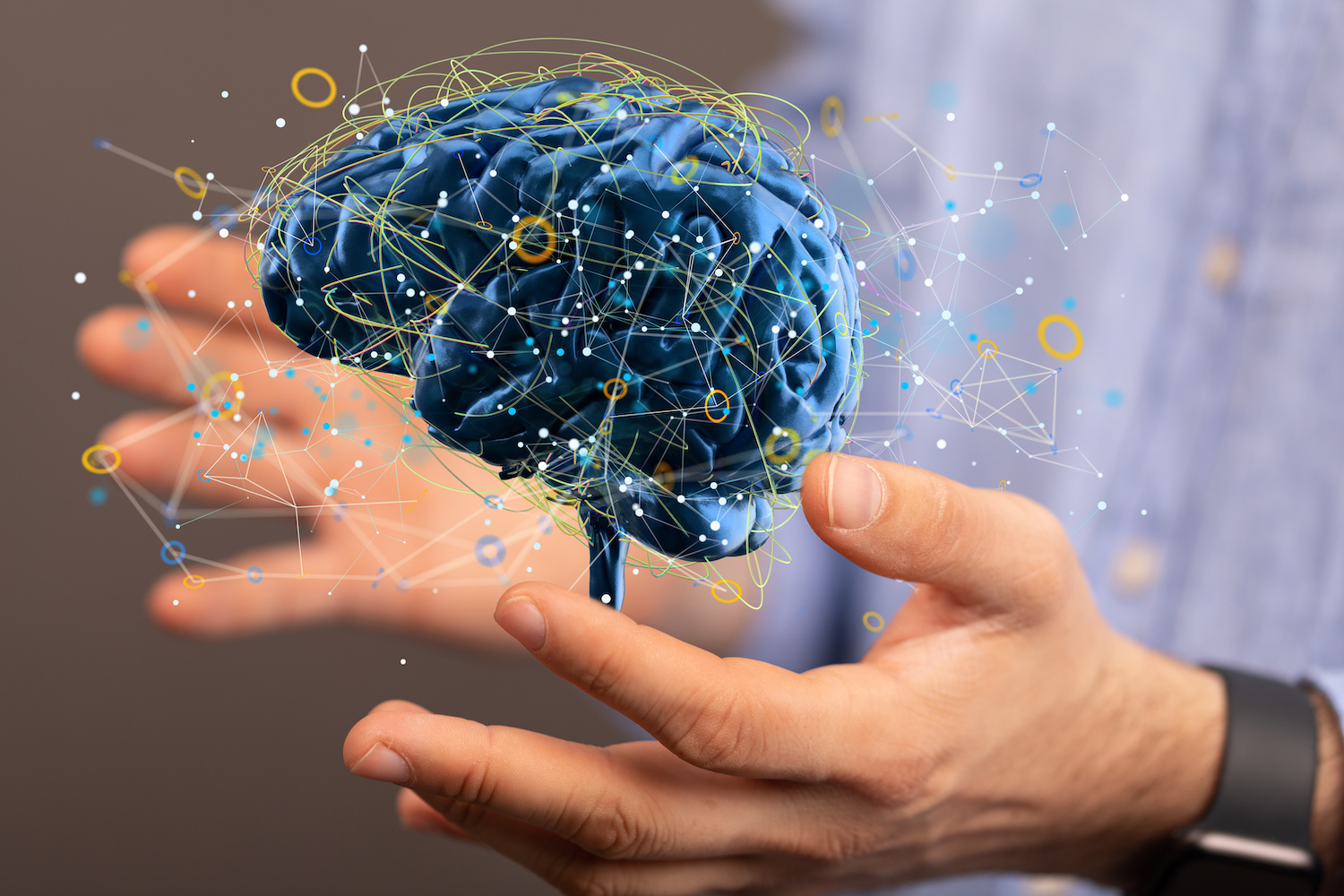As artificial intelligence (AI) continues to evolve, it is changing the way we live and work. One of the most disruptive forms of AI is generative AI, which is already transforming various industries. Generative AI is an advanced type of machine learning that can create new content and data, including images, videos, and audio, without explicit human input. In this blog post, we will discuss the potential disruptions that generative AI will generate in our lives and business.
-
Creative industries Generative AI has the potential to revolutionize the creative industries, such as art, music, and writing. With generative AI, artists can create unique pieces of art, musicians can compose music, and writers can create entire novels without human intervention. This will not only challenge traditional methods of art and music creation but will also open up new possibilities for creativity and innovation.
-
Content creation and marketing Generative AI can also create new opportunities in content creation and marketing. For instance, it can generate product descriptions, social media posts, and advertisements. This can reduce the time and cost of creating new content while still maintaining the quality and creativity of human-generated content.
-
Manufacturing and production Generative AI can also transform the manufacturing and production industries. It can create new designs for products, optimize production processes, and generate virtual prototypes. This will lead to faster, cheaper, and more efficient manufacturing processes, ultimately lowering costs for both businesses and consumers.
-
Healthcare Generative AI is also transforming the healthcare industry. It can analyze medical images, such as MRI and CT scans, and generate new insights that can aid in diagnosis and treatment planning. It can also be used to create personalized treatment plans for patients based on their individual health data.
-
Financial services Generative AI is also disrupting the financial services industry. It can generate forecasts and predictions for investment opportunities and create personalized financial plans for clients. This will help financial institutions make better-informed decisions and provide more customized services to their clients.
-
Ethical concerns Despite the potential benefits of generative AI, there are also ethical concerns surrounding its use. For instance, there is a risk of bias and discrimination in the data used to train the AI models. There is also the concern of whether generative AI will replace human jobs and lead to mass unemployment.
Generative AI has the potential to revolutionize various industries, from the creative sector to manufacturing and production, healthcare, and financial services. However, as with any new technology, there are also potential ethical concerns that need to be addressed. It is up to businesses and society as a whole to ensure that the development and use of generative AI are responsible and ethical.




Comments